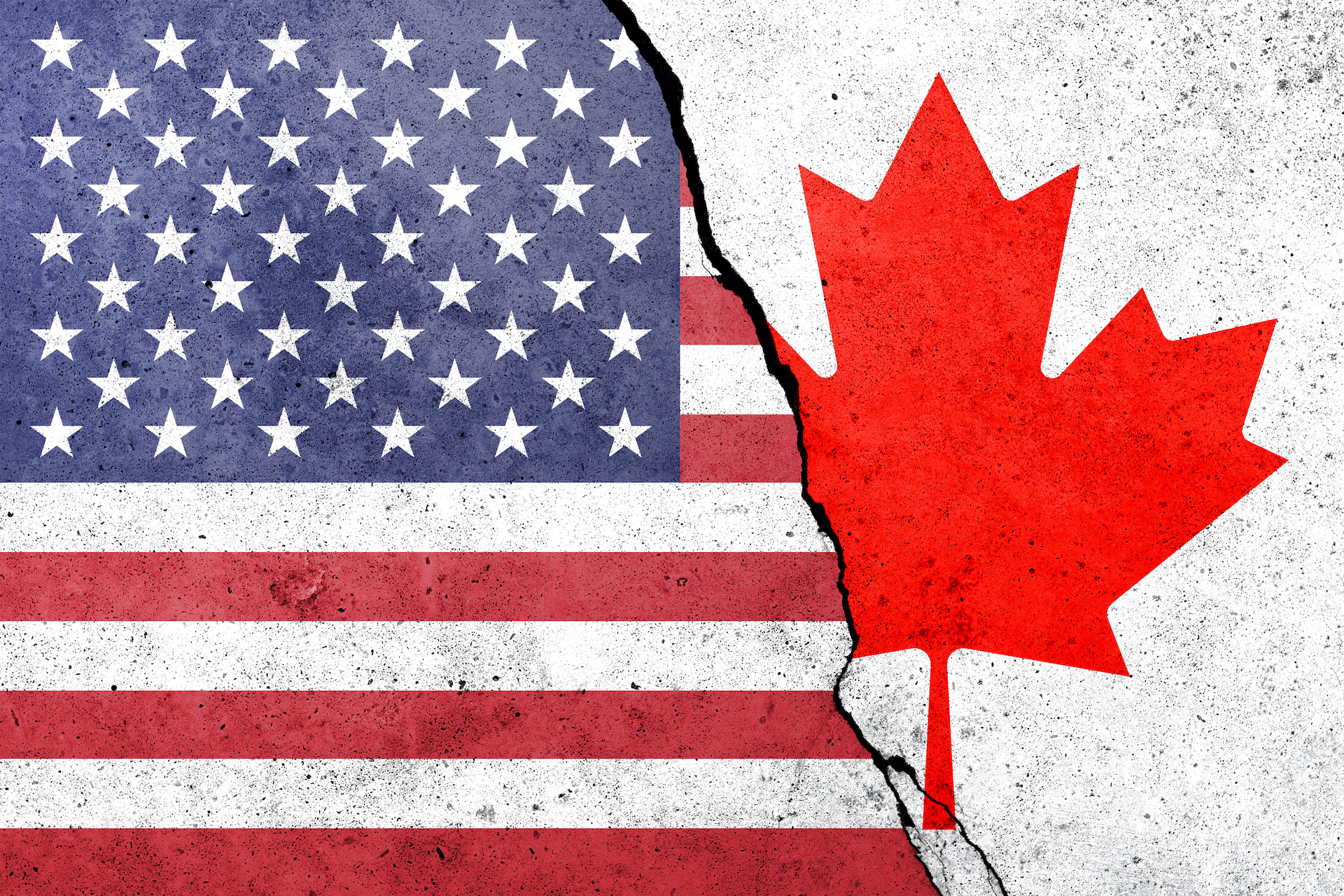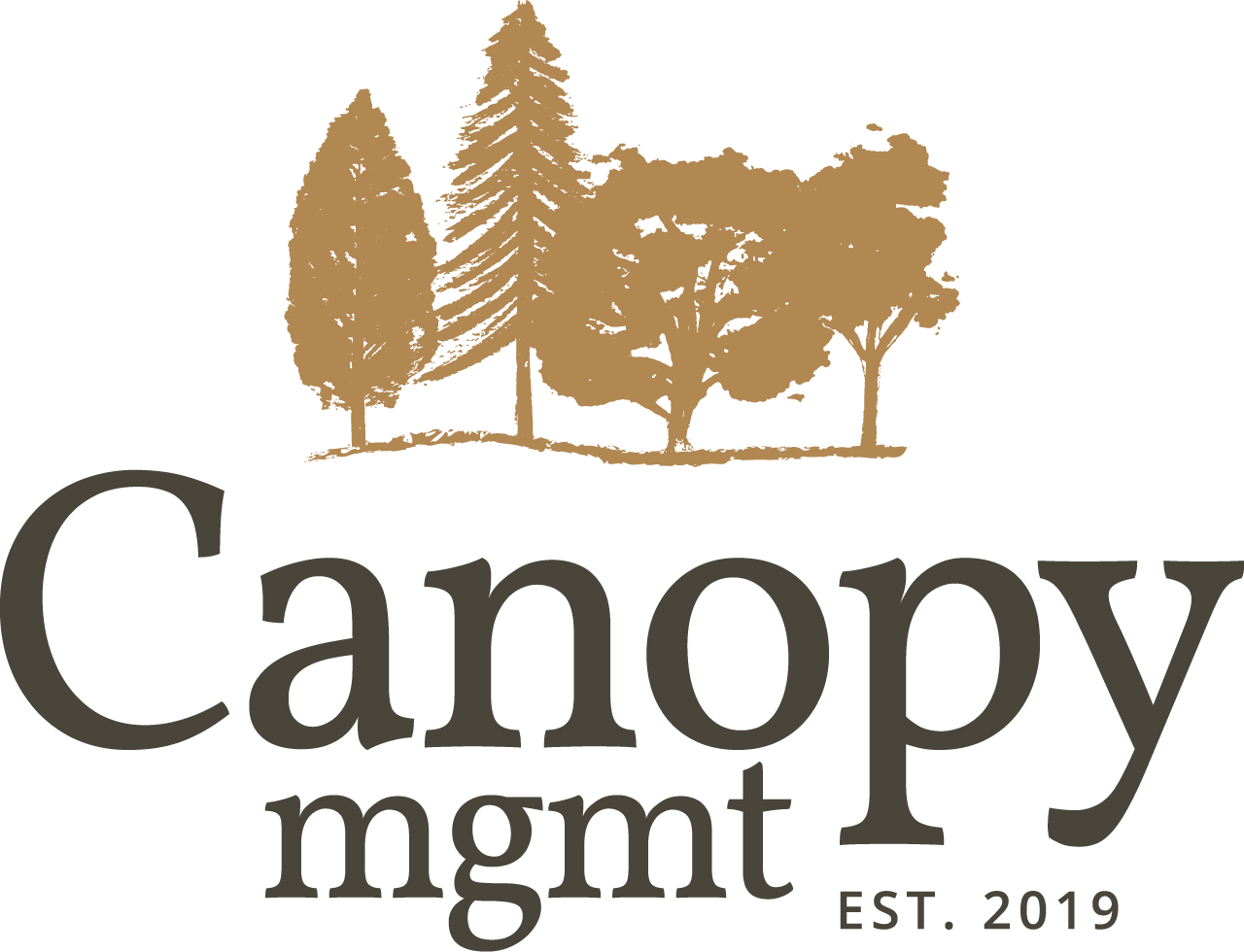From construction costs to mortgage rates—the real estate ripple effect
The 2024 U.S. presidential election has once again placed Trump’s tariff plans at the forefront of economic discussion—and there are potential consequences for Canada’s real estate market. The proposed Trump tariffs for 2025 could introduce new financial challenges for homeowners and developers, impacting everything from construction costs to mortgage rates.
While these tariffs are currently paused until March 6, 2025, uncertainty surrounding U.S.-Canada trade relations is already influencing market conditions. If implemented, a 25% tariff on most Canadian imports (10% for energy) could ripple through the economy, raising costs for building materials. This could potentially push home prices higher and influence mortgage rates.
What does this mean for Canadian homebuyers and developers? Will interest rates rise or fall in response to potential economic contraction? And how should you prepare for the possibility of trade disruptions?
Let’s break down what you need to know about Trump’s 2025 tariffs and their impact on Canadian real estate.
Rising costs of construction and renovations
One of the most immediate ways Trump’s proposed 2025 tariffs could impact Canadian real estate is through rising construction costs. Many essential building materials, like lumber, steel, aluminum, and electrical components, are either sourced from or pass through the U.S. before reaching Canada. If tariffs are imposed, the higher costs for American imports will likely be passed down to Canadian developers and, ultimately, buyers and renters.
For homeowners planning renovations, this means potentially paying significantly more for materials and labor. Everything from flooring and drywall to roofing and appliances could see price hikes. Developers of pre-construction condos and newly built homes should also take note—higher costs could lead to delays, price increases, or even project cancellations.
Along with this, if Canada retaliates with its own tariffs on U.S. goods (as expected), the cost of imported materials could rise further, worsening affordability challenges. For buyers, this could mean fewer new homes being built or developers passing higher costs onto consumers.
With the real estate market already stretched by affordability concerns, an increase in construction expenses could slow new developments and put upward pressure on resale home prices as supply becomes even more constrained.
Potential impact on housing prices
As the cost of construction materials inevitably climbs under the weight of these tariffs, it’s safe to say housing prices are in for a shake-up. Higher input costs mean that developers may be forced to pass on these expenses to buyers, making new homes even more expensive. This would further strain a market that’s already feeling the pressure of affordability challenges—particularly in cities like Toronto and Vancouver, where demand consistently outpaces supply.
For homebuyers, the prospect of paying even more for a property will be a bitter pill to swallow. Those looking to enter the market could face the unfortunate reality of being priced out, while current homeowners might see their property values rise, benefitting from the scarcity of available homes and the upward pressure on prices.
For real estate investors, the path forward is a delicate balancing act. On the one hand, rising home prices could lead to slower demand, as potential buyers are squeezed out by escalating costs. On the other, those already holding properties could see their assets appreciate, as supply tightens and the competition for limited homes intensifies.
Interest rate updates
As the dust from these tariffs settles, all eyes will turn to interest rates, particularly how they’ll be influenced by the shifting economic landscape. With the potential for rising inflation due to imported goods becoming more expensive, the Bank of Canada will be faced with a tough decision: up rates to keep inflation in check, or risk stagflation—where high inflation coexists with high unemployment and sluggish growth.
Should inflation spike as a result of these tariffs, we could see interest rates rise faster than anticipated. This could mean increased monthly payments for homeowners with variable-rate mortgages. A sudden jump in rates could catch many off-guard, particularly those who have grown accustomed to lower borrowing costs in recent years. For real estate investors, the impact will be equally significant. Higher borrowing costs could compress profit margins, especially for those relying on leveraged investments to fund their properties.
However, the ripple effects of these tariffs are not one-dimensional. If the U.S. economy contracts in response to retaliatory actions, the Bank of Canada might be forced to follow suit and reduce rates to support economic growth, counteracting some of the upward pressure on borrowing costs. This economic tightrope will leave homeowners and investors alike trying to forecast the shifting winds in real estate markets, hoping to stay one step ahead in this turbulent environment.
In a year where uncertainty looms large, those navigating the mortgage landscape will need to stay nimble and well-informed—because when it comes to interest rates, no one is safe from the storm.
Impact on Canadian construction and development
As Trump’s tariffs roll out, one area that’s bound to feel the most immediate pain is the construction industry. With the U.S. imposing higher duties on certain materials—steel, aluminum, and lumber—the cost of importing these important supplies to Canada could skyrocket. This means everything from new housing developments to renovations could be delayed or pricier than originally budgeted.
For builders and contractors, this added cost burden could force them to either raise prices or adjust their project timelines. New housing projects could be stalled as developers adjust to the unpredictable flow of supplies or scramble to find more affordable alternatives. The higher construction costs could also be passed on to homebuyers, leading to even steeper prices for new homes.
Not only will residential projects feel the sting—commercial developers could also be caught off guard. Any infrastructure projects that rely on American-sourced materials could face similar delays. And let’s not forget the impact on public sector construction—everything from bridges to public housing may see their timelines extended as prices spike.
In short, the construction industry in Canada is gearing up for a whole new wave. If these tariffs aren’t swiftly countered or absorbed by alternative solutions, the knock-on effects could be felt for years to come.
The overall effect on Canada’s real estate industry
The side effects of Trump’s 2025 tariffs could transform the Canadian real estate landscape. Here’s a quick breakdown of the potential outcomes.
- Rising home prices: With construction costs increasing, expect higher prices for newly built homes and possibly renovated properties.
- Supply shortages: Delays in material imports could cause shortages, affecting both new builds and maintenance projects.
- Investor hesitation: Investors might hold off on projects due to the uncertainty around material costs and market fluctuations.
- Mortgage strain: Rising costs of homes could push mortgage rates higher, making homeownership less affordable for many.
- Impact on rental market: Higher construction costs may limit new rental developments, potentially driving up rents for both commercial and residential spaces.
- Market shifts: With potential slowdowns in development, there could be a shift toward existing home purchases, raising competition in the pre-owned home market.
The bottom line? The Canadian real estate market could face a period of inflationary pressure, slowed development, and more uncertainty for buyers and investors. Keeping an eye on policy adjustments and new tariff-related developments will be extremely important for understanding these challenges.
Let us help you journey through the storm
The potential downside of Trump’s 2025 tariffs on Canada’s real estate market present both challenges and opportunities for homeowners and developers. Understanding the broader economic implications and staying informed can help you make strategic decisions.
At Canopy Mgmt, we understand how overwhelming these economic uncertainties can be, especially when it comes to your real estate investments. No matter if you’re looking to adjust your strategy or stay up-to-date about market trends, we’re here to guide you through every turn.
Reach out to us, and let’s make sure you’re well-positioned to thrive, regardless of how these changes play out. The future of Canadian real estate may be uncertain, but with the right support, you can face it confidently.


